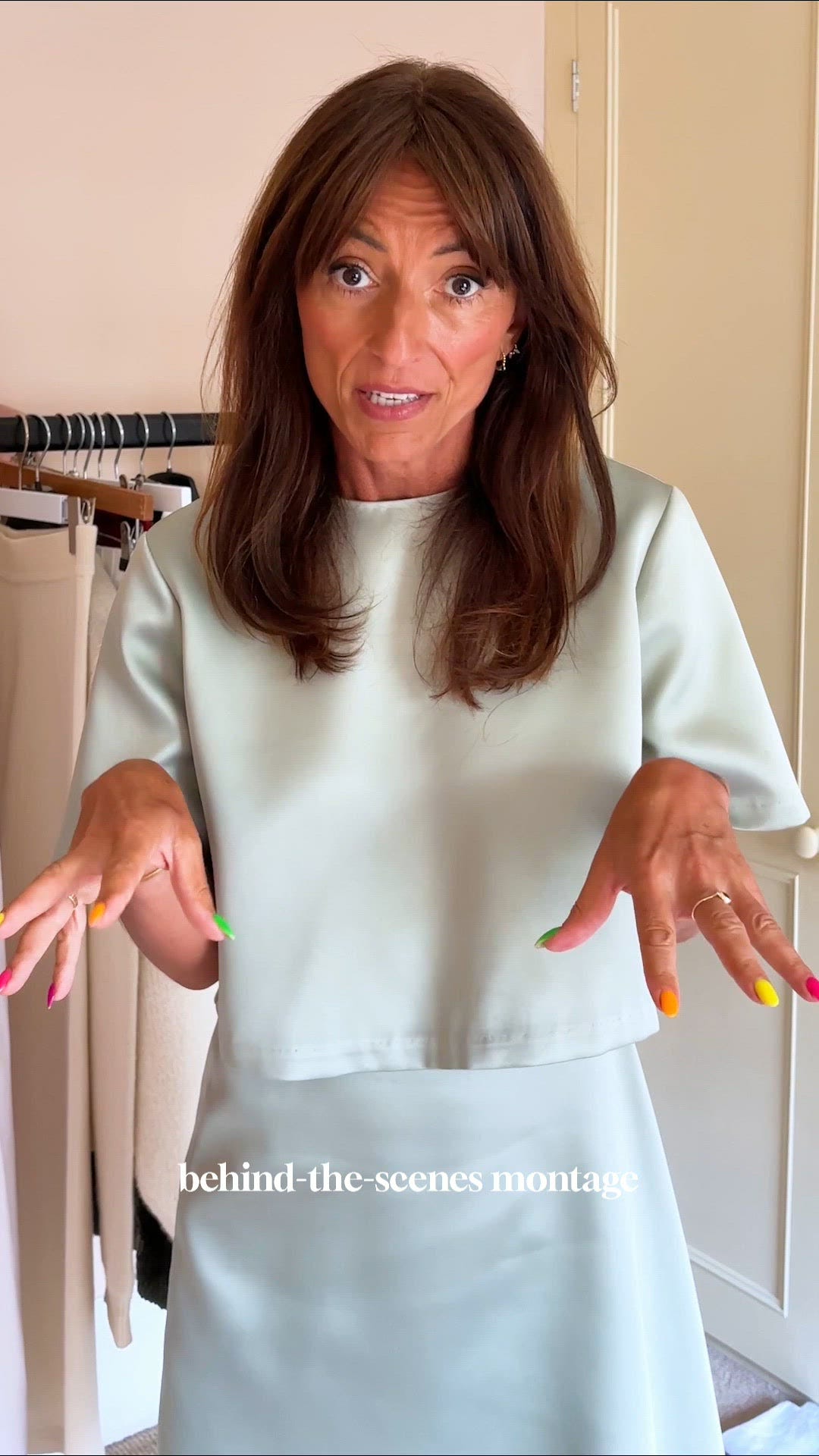From hitting rock bottom to becoming a household name, Deliciously Ella founder, Ella Mills, has built a wellness empire, one plant-based recipe at a time – and her isn't done. Far from it, in fact, because the wellness industry, she says, has a toxic side, and it needs to change.
Starring on the cover of Good Housekeeping’s July issue, Ella shared her concerns around the fads and gimmicks often touted by the industry, which are often based on empty promises. “You have this bizarre, quite ironic dichotomy: as our collective health gets worse, the wellness industry gets bigger, noisier, more confusing and more,” she says.
“I’d say it’s enough to go for a walk during your lunch break, not drink or smoke too much and eat many, many more vegetables. It’s quite rudimentary and it’s all evidence-based. But if you go online, people are following these extreme morning routines, achieving so much by 9am.”
What to read next
When asked if she looks on TikTok and thinks, “What are people doing?”, she spoke frankly about how it makes her feel. “Yes, I do actually,” she says. “My concern is that too many people think their health is synonymous with expensive powders and wildly elaborate routines.”
“Wellness, to me, is doing a 10-minute exercise class online, not going to bed as ugly as possible and waking up as beautiful as possible.” Her latter point refers to the viral “morning shed” routines, in which people slather themselves in creams, wear chinstraps and tape over their mouths.
“Look, people swear by taping their mouths shut – that’s fine,” she says. “It’s the algorithms I worry about; people start thinking they must buy this powder, that product, this gadget. Meanwhile, eating well remains less sexy than ever…”
As for our collective diet, Ella shared her despair at the reliance on ultra-processed foods. “We’ve normalised a totally alien way of eating: 60-80% of our calories are ultra-processed; one in five of us get 80% of their calories from ultra-processed food; only a quarter of us get our five a day; 90% of us don’t get enough fibre – but eating more chickpeas isn’t very sexy. People desperately want to be told what’s good and bad to eat,” she says.
“We need a more nuanced conversation that focuses on simple, healthy, fresh food. But good habits are hard to form in an environment that’s largely dominated by unhealthy, ultra-processed foods.”
It’s also, she added, a question of socioeconomics, referencing The Broken Plate 2025 report. The report found the most deprived fifth of the population would need to spend 45% of their disposable income on food to afford the kind of healthy diet recommended by the Government – a statistic that rises to 70% for households with kids.
How did we get here, as a developed country? “It’s a completely broken system,” she says. “Even if you have some money to buy fruit and vegetables, when you walk into a supermarket nearly everything on display is very bad for you – yet it will have great marketing claims.
"Or perhaps you’ll go on social media and be persuaded to buy green powders that cost hundreds of pounds but have no research behind them. This stuff has very little to do with the core of a healthy life.”
Read the full interview in Good Housekeeping’s July issue, on sale now.
The Wellness Scoop, hosted by Ella Mills and Rhiannon Lambert, is available wherever you get your podcasts.
















